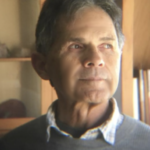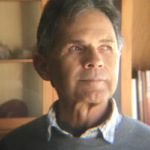
I was recently listening to a radio program discussing illiteracy and poverty in our country. These two intractable problems in our society are inextricably linked to each other. They also explain a lot of the darker forces that are shaping our future—and that of our children.
As I searched the Internet for some insight into the aforementioned forces, I came across a few uncomfortable propositions. I was reluctant to accept them. But I had to admit to myself that there were good reasons to at least entertain the possibility that these propositions contained some truth.

